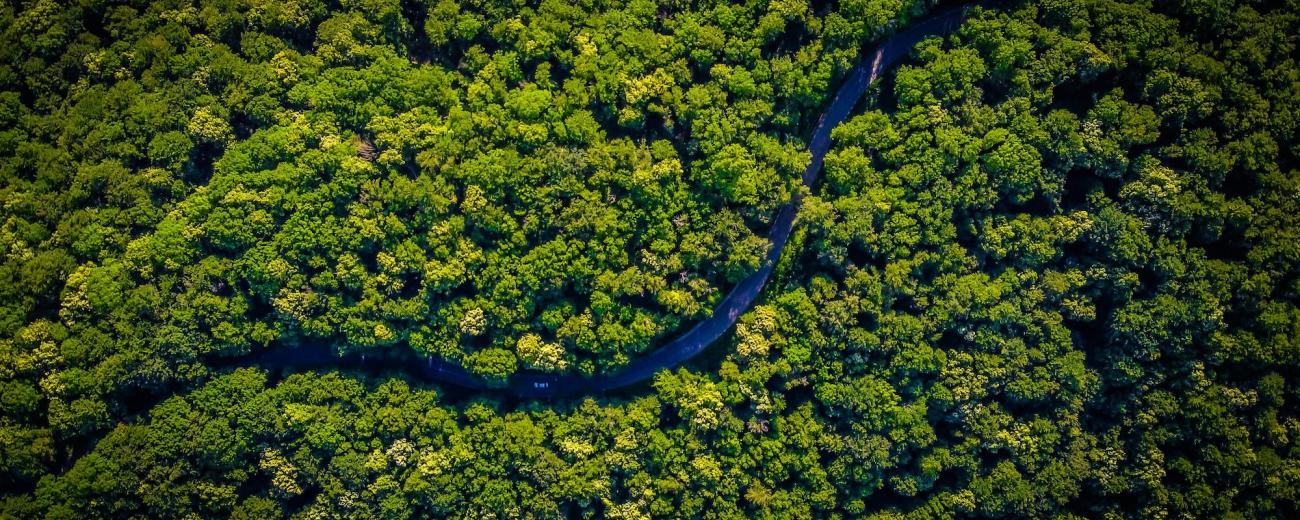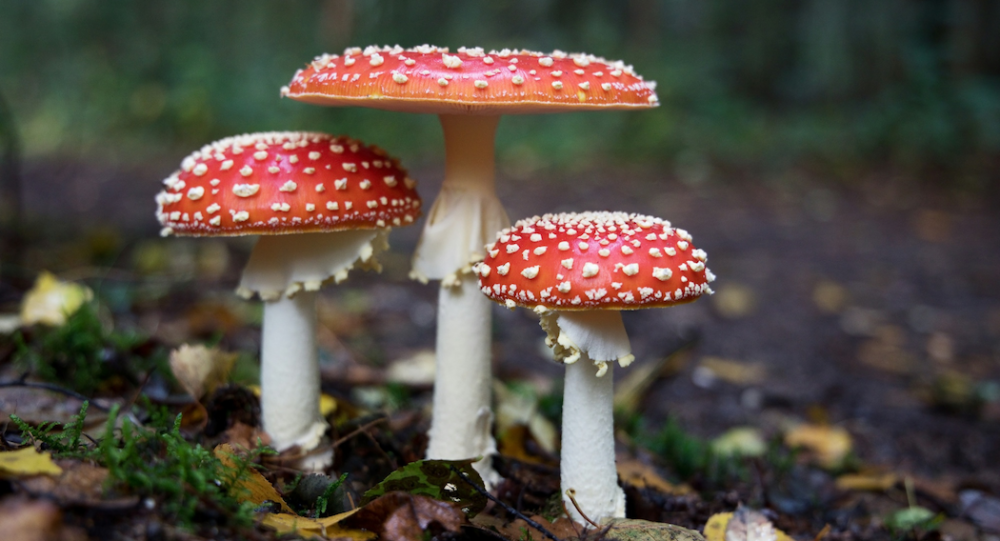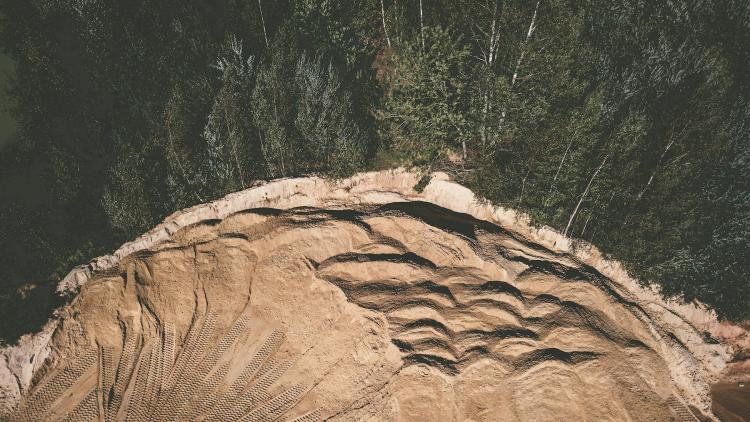What does it mean to care for the environment and each other?


MA student Bejal Desai explores the complex nature of ecological care and its potential to be co-opted or corrupted, particularly in contexts like greenwashing and colonial attitudes towards land.
What does it mean to care for the environment, for each other, for more-than-human life and for the complex systems that sustain us? Care, like the concept of the ‘anthropocene’ has a variable, ‘promiscuous’ and obscuring tendency; which is why we must critically examine our terms in order to bring about the sort of ecological care we desire. The ethics of care I call for is one that follows the tradition of queer, Black feminist scholars and Indigenous ontologies. A care which demands a deep sense of relationality, reciprocity and humility.
Caring for
The slipperiness of ‘care’ is in part remedied by the distinction made between "caring with" and "caring for”, according to Jacobs and Wiens. This caring for is epitomised by paternalistic attitudes to colonised lands, where the language of care was often used to “legitimise and extend harmful relationships to land, people and place”, according to Liboiron.
"The concept of ‘care’ for the environment is all too readily co-opted and corrupted by neoliberal strategies of paying lip service in order to maintain the status quo."
Likewise, as we’ve seen far too often with greenwashing (or carewashing) campaigns and CSR initiatives, the concept of ‘care’ for the environment is all too readily co-opted and corrupted by neoliberal strategies of paying lip service in order to maintain the status quo. Max Liboiron similarly implicates the notion of recycling, which is considered by most as a form of care; they liken it to putting a “bandaid on gangrene”, placating the moral sensibilities of the public whilst allowing for the continuance of business as usual.
Caring with
The notion of 'caring with', on the other hand, implies a sense of agency, respect and voice afforded to the object of care and signals towards a fundamental component of Indigenous thought: the co-constitution of all life processes. As Indigenous scholar Pat McCabe argues, the true scientists of sustainability are Indigenous peoples who have successfully lived in harmony with their land for thousands of years.
Land-based and embodied philosophical traditions from across the world, though incredibly diverse, share this central component of inter-relationality. Whether it is the Ubuntu “umuntu ngumuntu ngabanye bantu”, loosely translated as a person is a person through other people, as explored by Panashe Chigumadzi, or the “complex politics designed and practiced to care for ecologies” of the Michi Saagiig Nishnaabeg, there is a strong emphasis on recognising persons, which I extend here to include all living and elemental matter, as “interdependent rather than as independent” as explored by Isaac Held.
Who has a voice and who is deserving of care?
Whether womxn, Black, queer, colonised, enslaved, indigenous, plant, animal or otherwise, ‘the West’ has a long and demonstrative history of domination, the origin point of which is deciding who or what is deserving of a voice, and thereby, deserving of care. I argue that every aspect of our world is deserving of care, and in order to care we must generate intimacy, a capacity to perceive and to cultivate what Anna Tsing refers to as the “art of noticing”.
Truly understanding how to care with the more-than-human world will require us to break ourselves free from the ontological cage of viewing our world as inert and formed of neatly categorisable matter. Whilst there are many who may argue that the minutiae of interpersonal and intersubjective relations of care are not relevant to the impending crises we are facing, I argue that has both never been more relevant and that no solution, no matter how technologically innovative, will succeed without it.
Header image credit: Vlad Hilitanu via Unsplash.
About the author
Bejal Desai is a student in the MA Anthropology of Global Futures and Sustainability programme (AY 23-24). She has a professional background in producing live art and theatre and is passionate about the arts and culture as an essential tool for imagining sustainable and just futures. She is drawn to the psychological, interpersonal and narrativised elements of climate discourse from the intersections of feminist, queer and anti-colonial perspectives.




